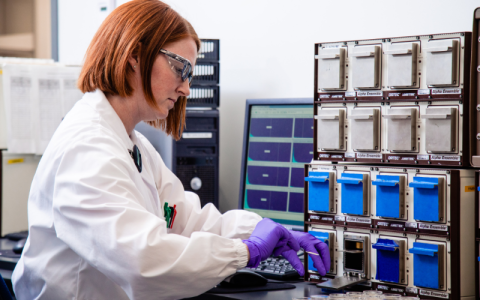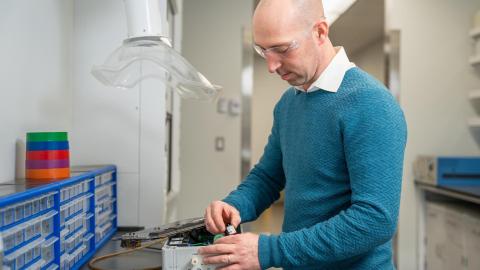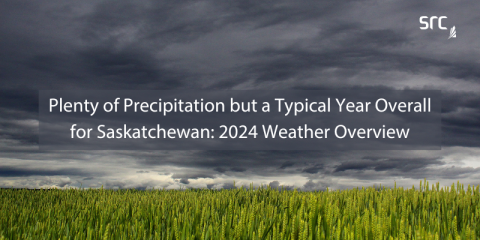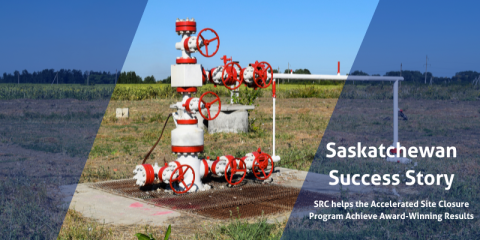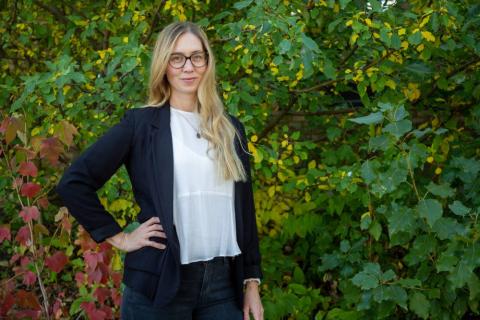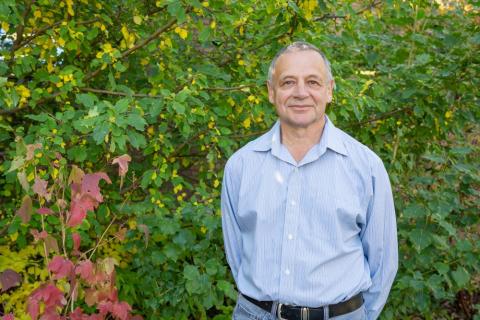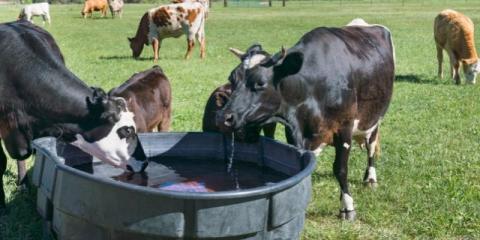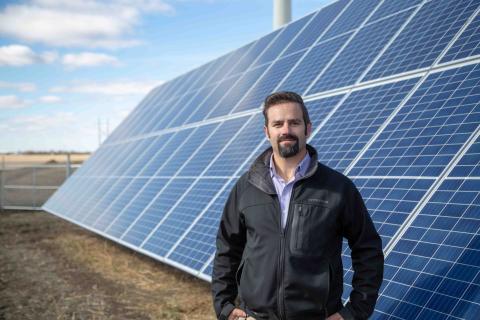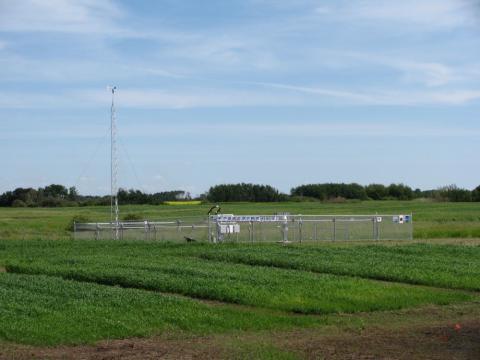In the world of environmental testing, mineral exploration and mining, the accuracy and reliability of laboratory data are paramount. At SRC's Geoanalytical Laboratories and Environmental Analytical Laboratories, our commitment to quality assurance and quality control is the foundation for building trust with clients, regulators and stakeholders.
Radioactivity in mining is commonly associated with uranium but there are numerous other sources of it that can be found in the mining industry. While radioactivity is a natural phenomenon that needs to be managed, there are also cases where it can be used as a tool in driving exploration forward. It’s important then to understand what radioactivity is, how it’s encountered and the risks and benefits associated with it.
For over 45 years, SRC has helped important economic sectors operating on the Canadian Prairies keep a close eye on their air emissions to ensure they meet environmental standards and regulatory requirements, as well as to implement process improvements for emissions reduction strategies.
After a few years of extreme weather and record-breaking climate events, Saskatchewan’s weather took a more “average” turn in 2024. But there were still some new records achieved based on data from SRC’s Climate Reference Stations in Saskatoon and at the Conservation Learning Centre (CLC) near Prince Albert.
During a time when a global pandemic brought industries across the world to a standstill, shuttering businesses and stymying job growth, the Government of Saskatchewan initiated a program to help get people back to work.
Skye Muirhead is the Operations Lead for SRC’s Environmental Remediation team. Learn more about Muirhead's career and work at SRC as she and her team take on the complex task of remediating abandoned uranium mine and mill sites in northern Saskatchewan.
Alexey Klyashtorin is a world-renowned expert on nuclear and environmental remediation. He works on SRC's Project CLEANS team where he applies his industrial and academic experience to remediating abandoned uranium mine and mill sites in northern Saskatchewan. Read on.
Research shows that livestock with access to quality water will consume more, gain weight quicker and are less likely to develop health issues. Learn about some of the most common factors affecting water quality that we’ve seen at SRC Environmental Analytical Laboratories.
Thinking about a career in science? Here’s what some geoscientists and engineers at SRC have to say.
There’s no rule that you must be born with math and science skills to pursue a career in engineering; it’s all about persistence, and a deep desire for learning new things and discovering how they work. We had a chat with a few of our engineers and geoscientists at SRC to learn more about what drew them to their careers. Find out what it's like to live a life of science.
SRC's Climate Reference Station at the Conservation Learning Centre became fully operational in 2012. Find out how the station was started and why the Centre has been the ideal home for over a decade.

